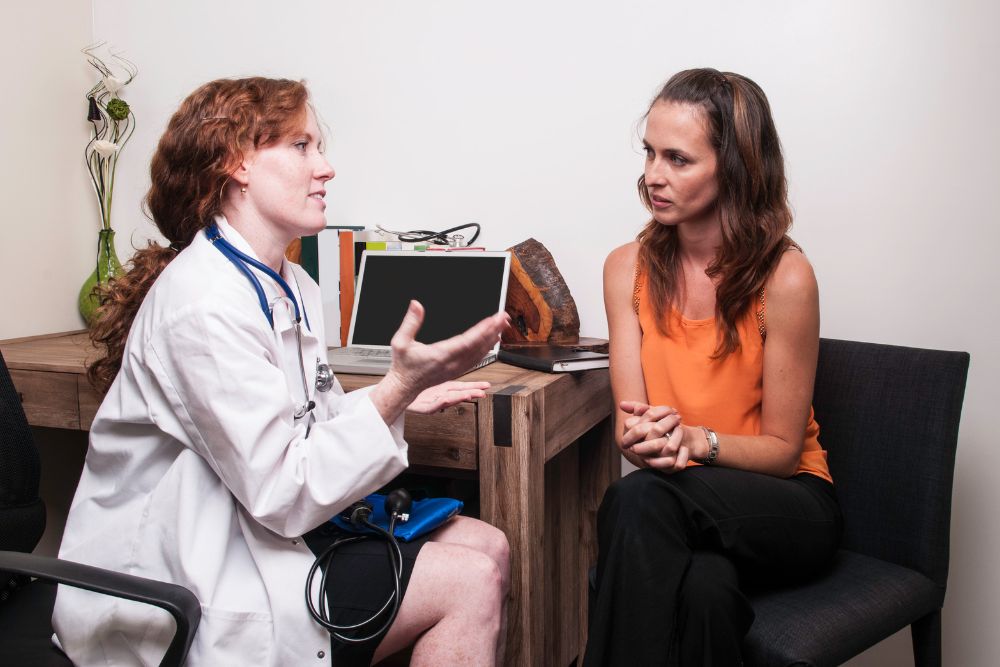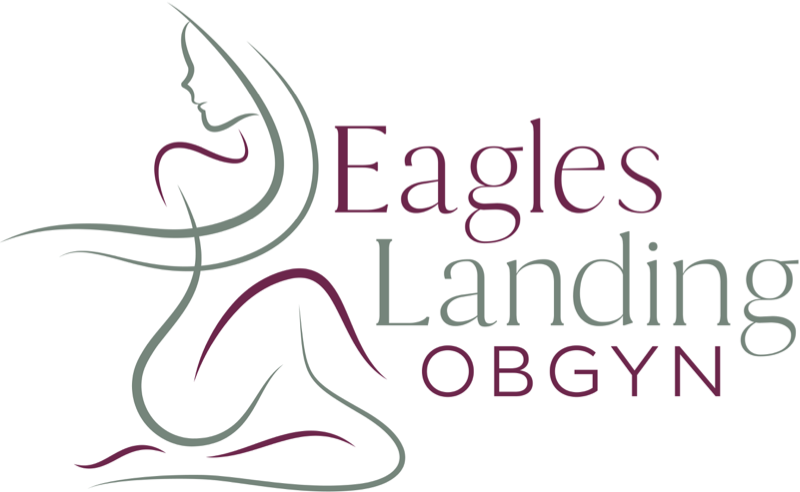
Menopause is a natural biological transition every woman experiences as she reaches a certain age. This transformative phase brings hormonal changes and various symptoms that can impact a woman’s physical and emotional well-being. During this time, an OB/GYN (Obstetrician/Gynecologist) plays a crucial role in providing guidance, support, and specialized care. We will explore the importance of an OB/GYN in navigating menopause and managing its associated challenges.
Expertise in Menopause Management
OB/GYNs possess extensive knowledge and expertise in women’s health, including the hormonal changes and symptoms associated with menopause. They can provide comprehensive information about the physical and emotional changes during this transitional phase. By understanding the symptoms and their underlying causes, women can better manage and cope with the challenges of menopause.
Individualized Treatment Plans
Every woman experiences menopause differently, with varying symptoms and levels of intensity. An OB/GYN can create personalized treatment plans tailored to each woman’s needs and preferences; this may involve lifestyle modifications, hormone therapy options, non-hormonal therapies, and management strategies for symptoms like hot flashes, mood changes, or vaginal dryness. An individualized approach ensures that women receive the most effective and suitable treatments for their circumstances.
Hormone Replacement Therapy (HRT) Guidance
Hormone replacement therapy (HRT) is one option to manage menopausal symptoms. OB/GYNs can guide women through the decision-making process regarding HRT, explaining the potential benefits, risks, and considerations associated with this treatment. They can evaluate a woman’s medical history, discuss any contraindications, and monitor HRT’s ongoing effectiveness and safety.
Preventive Health Measures
Menopause is an ideal time to focus on preventive health measures. OB/GYNs can recommend and coordinate essential screenings, such as bone density tests, breast cancer screenings, and cardiovascular health assessments. They can also address concerns related to weight management, cardiovascular health, bone health, and overall well-being during the menopausal years. Regular check-ups with an OB/GYN help monitor any changes and ensure women are proactive in maintaining their health.
Emotional Support and Counseling
Menopause can bring about emotional changes and challenges for many women. OB/GYNs understand the emotional aspects of this transition and can provide emotional support and counseling to address concerns related to mood swings, anxiety, or depression. They can offer coping strategies, recommend support groups, or refer women to mental health professionals. Emotional support is an integral part of the comprehensive care provided by an OB/GYN during menopause.
Ongoing Women’s Health Care
An OB/GYN continues to provide women’s health care throughout their lives, including during and beyond menopause. Regular check-ups with an OB/GYN allow for monitoring overall health, ongoing preventive care, and identifying and managing any gynecological or reproductive health concerns that may arise during the post-menopausal years.
An OB/GYN is vital in navigating the challenges and changes associated with menopause. Their expertise, guidance, and individualized care contribute to a smoother menopausal transition and improved quality of life for women. Whether managing symptoms, discussing treatment options, addressing emotional well-being, or providing ongoing women’s health care, an OB/GYN is a trusted partner in supporting women throughout their menopausal journey. By seeking the specialized care of an OB/GYN, women can navigate menopause with confidence and optimize their overall health and well-being during this transformative phase of life.
